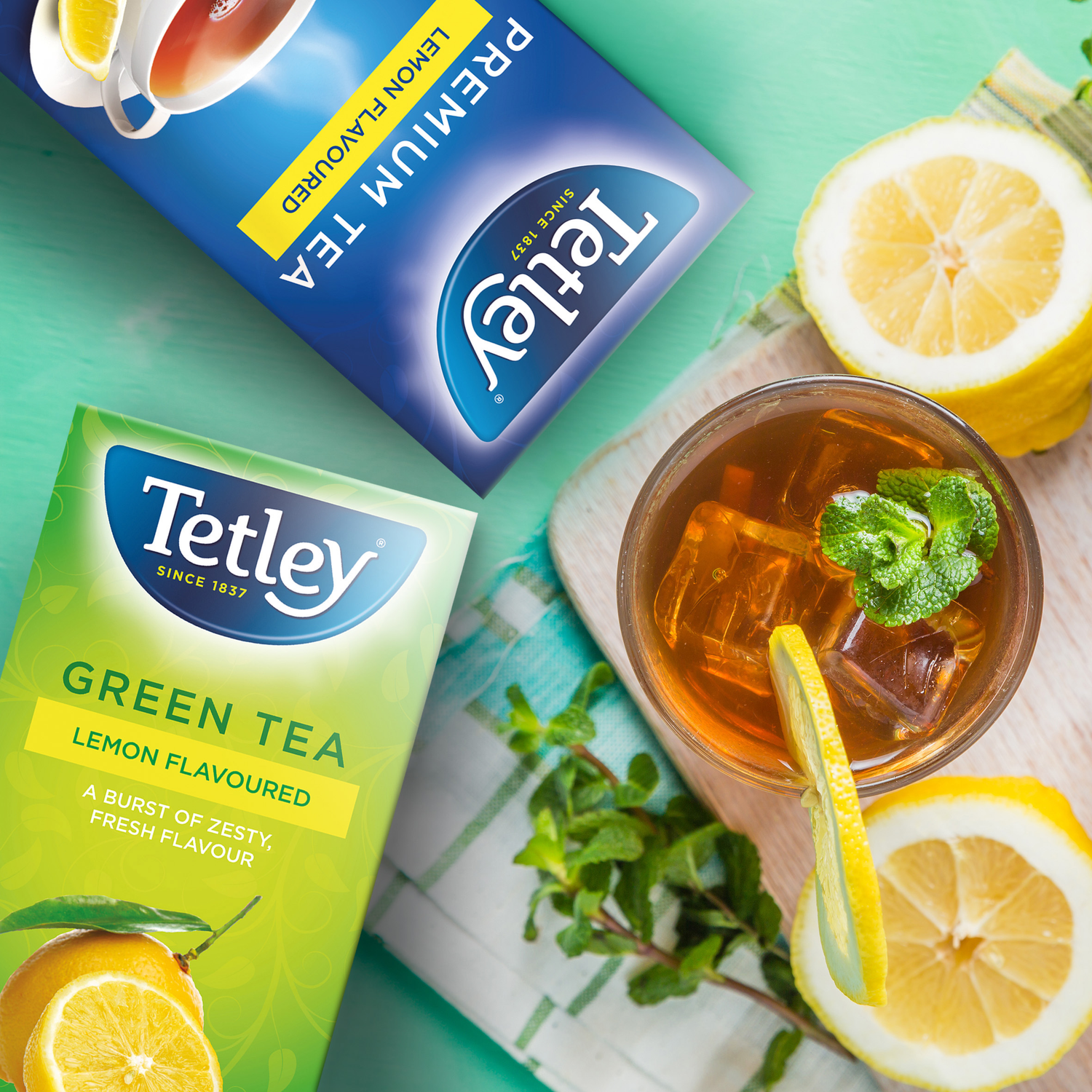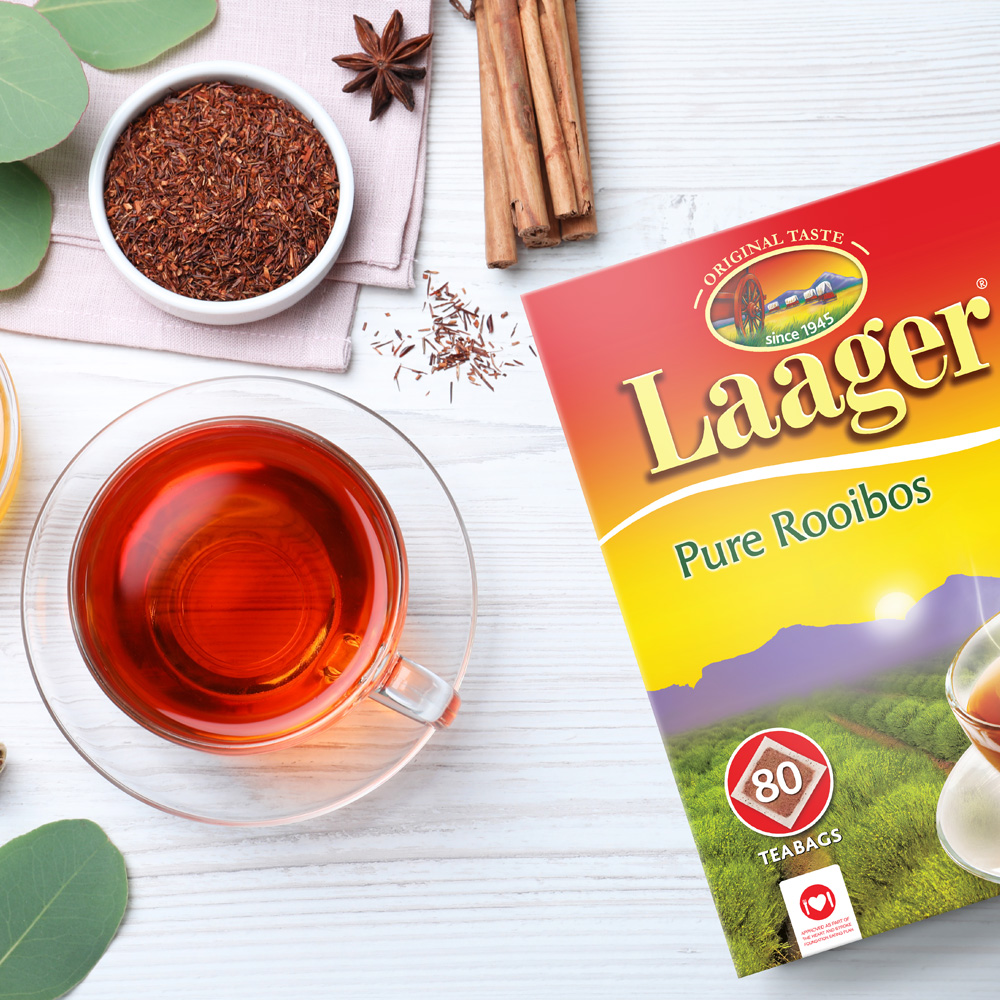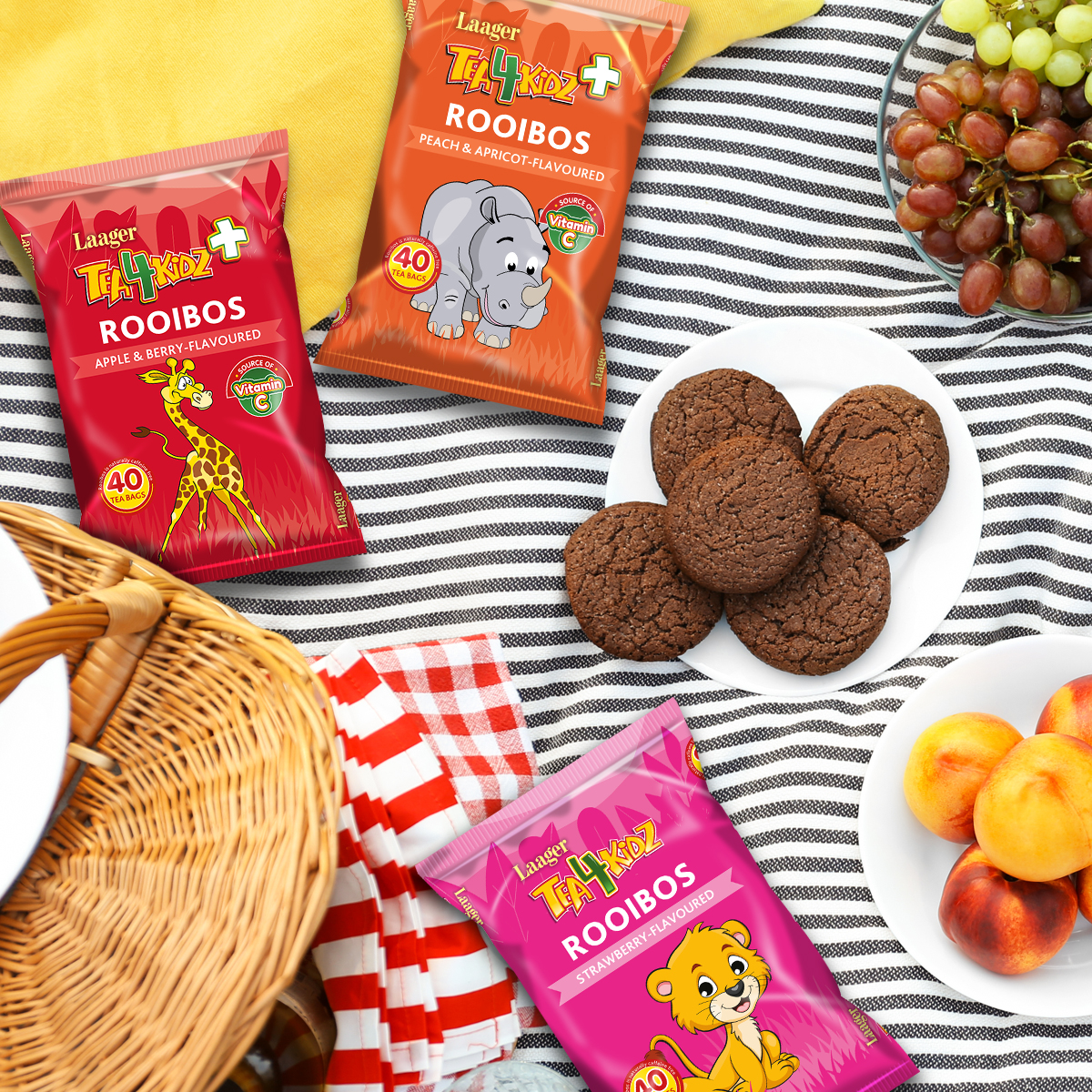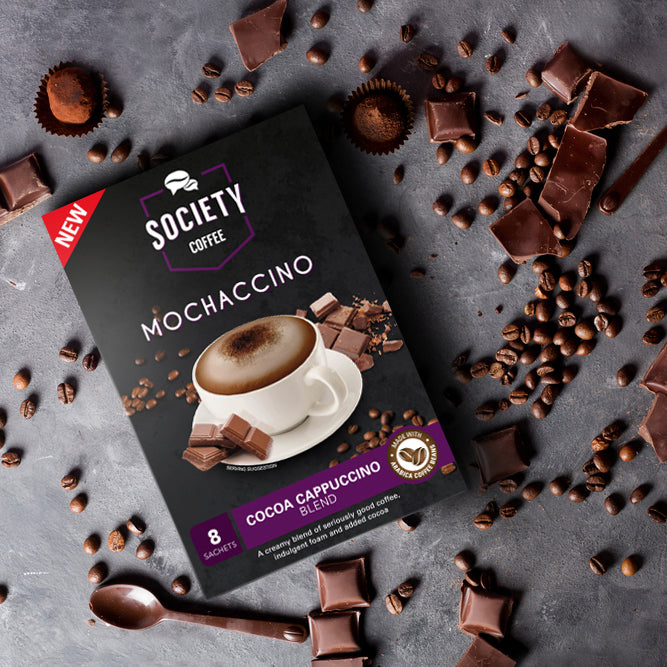As South Africa celebrates Women’s Month, new insights from leading researchers reveal that more women than ever are making the switch to healthier beverages with Rooibos emerging as a top contender.
Tea remains a firm favourite among South Africans, with over 22 million adults enjoying a daily cup. Notably, women lead this trend, with data from Eighty20 showing they’re more likely than other groups to opt for tea – Rooibos included.
Prof Elmarie Terblanche, a leading researcher from the Department of Exercise, Sport and Lifestyle Medicine at Stellenbosch University (SU), confirms the trend.
“Rooibos is more than just a traditional herbal tisane – it’s a wellness companion for women at every stage of life. Its natural, caffeine-free composition aligns with women’s evolving health priorities, whether they’re studying, raising families or managing age-related health concerns.”
A 2023 review published in the Journal of Public Health in Africa found that Rooibos interventions across a broad age range (6–83 years) significantly improved lipid profiles, antioxidant status and blood glucose control – even in high-risk individuals.
Further research by leading South African scientists reinforces Rooibos’ potential as a natural tool for supporting overall health.
Prof Jeanine Marnewick, Director of the Applied Microbial and Health Biotechnology Institute at the Cape Peninsula University of Technology (CPUT), has shown through her extensive research that Rooibos is rich in powerful antioxidants that help combat oxidative stress – a key factor in the development of many chronic conditions.
Similarly, Prof Amanda Swart, Emeritus Professor of Biochemistry at SU has identified Rooibos’ unique compound, aspalathin, as beneficial for balancing blood sugar levels and supporting adrenal health – an important factor for stress resilience.
Adding to this, research by Prof Christo Muller, Chief Specialist Scientist at the South African Medical Research Council (SAMRC), highlights Rooibos’ ability to positively influence glucose metabolism and reduce inflammation – suggesting it may help prevent or manage type 2 diabetes.
“Together, these findings paint a compelling picture of Rooibos as a functional drink that supports women’s wellbeing across multiple systems in the body,” says Prof Terblanche. “Its potential to assist with blood sugar control, cardiovascular health and stress regulation makes it a smart addition to a daily wellness routine.”
From adolescence to menopause, here’s how Rooibos contributes to women’s health at every stage:
Girls (ages 6–12):
- Rich in antioxidants, which supports healthy development
- Naturally sweet and caffeine-free – ideal for children
- Low in tannins, so it won’t interfere with iron absorption during key growth years
Teenagers and Young Women (ages 13–25):
- May help reduce menstrual discomfort, due to its anti-inflammatory properties
- Supports hydration and promotes mental focus during exams and sport
- Encourages healthier drink habits amid rising sugary beverage consumption and energy-drink craze
Women of Reproductive Age (ages 26–40):
- Safe during pregnancy and breastfeeding (consultation with a healthcare provider still advised)
- Offers a soothing, iron-friendly alternative to regular tea or coffee
- Linked to better blood sugar control, heart health and reduced oxidative stress
Midlife and Menopausal Women (ages 41–60+):
- Compounds like aspalathin and nothofagin support metabolic health
- May help manage symptoms related to menopause, such as hot flushes and fatigue
- Contributes to cardiovascular wellness and reducing inflammation
Rooibos’ growing appeal also lies in its versatility. From traditional brews and ready-to-drink teas to concentrated shots, capsules and blends with probiotics or botanicals, it fits both modern and traditional lifestyles. Its accessibility across age, culture and income groups ensures it remains relevant and inclusive.
As more women in SA and across the globe prioritise their health, the shift away from sugary, high-caffeine drinks is accelerating. Rooibos is not just a heritage beverage, but is fast becoming a cornerstone of the country’s evolving wellness narrative, with women at the forefront of this transformation.





